10 Effective Home Remedies for Irregular Periods
By Dr. Malavika Athavale +2 more

Get,

to manage your symptom
Get your,


4 Cr+ families
benefitted

OTP sent to 9988776655



You’ve successfully subscribed to receive
doctor-approved tips on
Whatsapp

Get ready to feel your best.

Hi There,
Download the PharmEasy App now!!


Register to Avail the Offer
Send OTPBy continuing, you agree with our Privacy Policy and Terms and Conditions

Hi There,
Sign up on PharmEasy now!!
Trusted by 4 crore+ families

OTP sent to 9988776655



You have unlocked 25% off on medicines




Code: NU25

Comments


Leave your comment here
By Dr. Malavika Athavale +2 more
Table of Contents
Menstruation or periods are the most essential yet neglected part of a woman’s life. Discussing menstruation can make many women uncomfortable, and it’s unfortunate that a significant chunk of young women are not even aware about the details of menstruation.
It’s important to understand that menstruation is just a biological process occurring in the female body where the lining of the uterus, called the endometrium, sheds itself periodically. Periods start from the puberty age group and last till around 45-50 years of a female’s life. Usually, the duration between consecutive periods is 28 days, although it may slightly vary for everyone. But a high variation in the duration between your periods, that is irregular periods, can often lead to confusion and anxiety1.
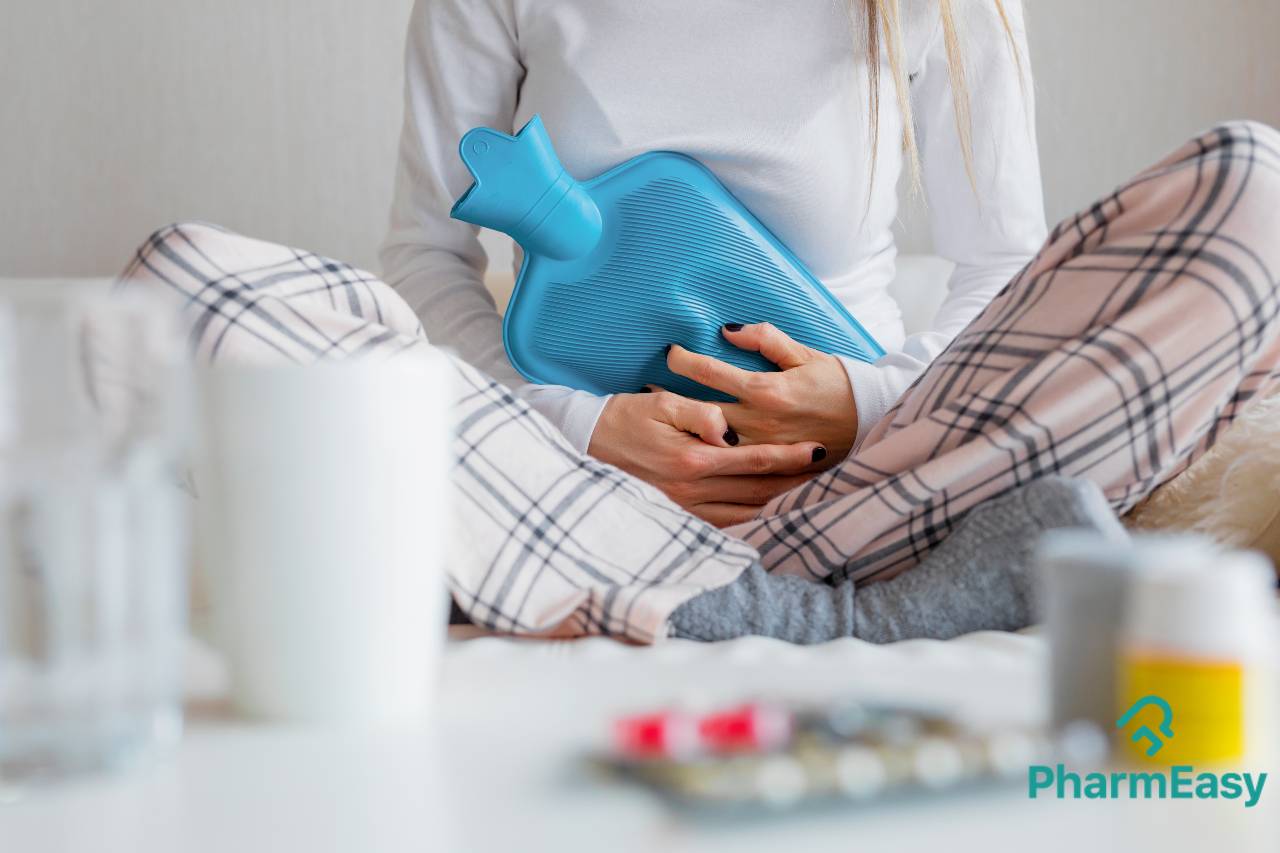
In this blog, we will discuss what exactly irregular periods are, their symptoms and the causes the behind them, and also share some home remedies that may help manage the regularity of your menstrual cycle.
A regular menstrual cycle occurs after 21 days to 35 days (28 days commonly) and lasts for 4-6 days approximately. You may count a period to be irregular if it does not start even after 35 days or occurs with a gap of a different number of days each time2.
The following signs can help you understand if your periods are irregular:
Remember, the normal duration between each period can vary between females. However, women with the following conditions can have irregular periods:
Although treatment of the underlying cause and medical management are the cornerstone of managing irregular periods, nonetheless there are some home remedies that you can try out to get your cycle back on track. Let’s have a look at these.

Ginger is beneficial for managing symptoms of many diseases, including irregular periods. It is proposed that regular consumption of raw ginger can help to regulate your periods. Ginger contains antioxidants that help lower inflammation in the body. It helps in contracting the uterine muscles and facilitates hormonal balance4. Drinking a glass of hot ginger tea with a bit of lemon juice and a dash of honey, either on an empty stomach in the morning or evening, promotes metabolism. But do not overdo it as ginger can caused acidity for many.

Papaya is believed to have several benefits for menstrual cycle such as easing period symptoms. Unripe papaya can also help enhance uterine contractions that promote the occurrence of periods. Consuming unripe papaya regularly for a few months may therefore help regularise your periods5.

Jaggery is sweet and has a several medicinal properties. Regular consumption of jaggery may help boost iron levels, maintain hormone balance and regulate irregular periods. It also helps in reducing uterine cramps6.
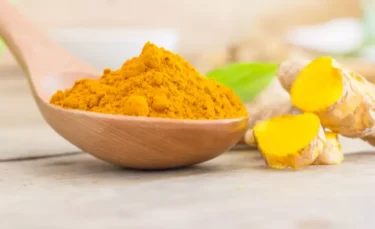
Turmeric is a magical home remedy that may have several benefits. Regular consumption of turmeric may help regulate irregular periods. It also has anti-inflammatory and anti-spasmodic properties that help in reducing uterine cramps. Consuming turmeric with warm milk and honey daily can help regularise your periods7.
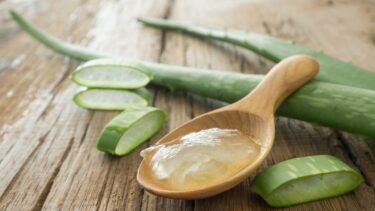
Aloe Vera juice can be a beneficial remedy to regulate your menses and reduce excess weight. It helps enhance the metabolism and keep your gut healthy. Initial studies8 have shown that Aloe Vera also helps to correct hormonal imbalances as in polycystic ovary disease and thus aid in regularising the menstrual cycle. But you must consume it cautiously as it may have side effects.

Consuming apple cider vinegar can help regularise hormones in women with polycystic ovarian syndrome. This can help get your cycle back on track and also aid in weight loss and lowering blood sugar levels. Remember apple cider vinegar is bitter, so you can consume it by mixing it with honey to neutralize the bitter taste9.
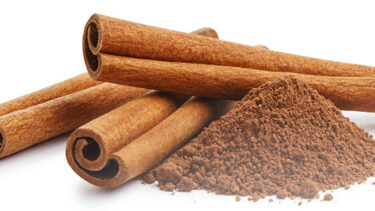
Cinnamon is an essential spice in the kitchen that may have several health benefits. It helps regulate the blood flow to the uterus and may help manage irregular periods. It can help reduce abdominal pain, nausea, and vomiting during periods10. You can consume cinnamon by adding a teaspoon of its powder to a glass of milk, but remember to consume in moderation.
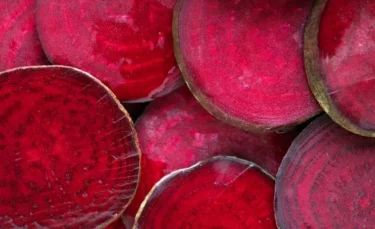
Consuming beetroot may help deal with irregular period problems and their symptoms. Beetroot contains a high amount of folic acids and iron that help increase haemoglobin level in the blood, that helps to stimulate the menstrual flow11.

Unhealthy eating habit is one of the causes of irregular periods. Eating fast food, processed food, and alcohol may cause a hormonal imbalance in the body that may lead to irregular periods. You should make sure that your diet includes green vegetables, fruits, dry fruits, red meat, fish, and foods that give you complete nutrients regularly. This helps balance your hormone levels and regularise periods12.

Regular exercise has many benefits, and regularising periods is one of them. It helps maintain your weight and keep the balance in your hormones. In polycystic ovarian syndrome, you gain unnecessary weight gain that further leads to hormonal imbalance. Doing regular workouts may help solve this problem.
Yoga also has been beneficial to balance your mind and body, by keeping it calm. Research13 suggests that yoga helps reduce menstrual pain and emotional symptoms associated with menstruation, such as depression and anxiety.
Although further large-scale human trials are needed to confirm the potential benefits of these remedies for regularising menstrual cycle, these are definitely worth giving a try. However, always consume them in moderation and discuss with your healthcare provider before taking them routinely especially if you have any medical conditions.
An effective and inexpensive method of lowering stress at home or work is meditation. Reducing stress may result in more regular periods as the two are closely related according to research. According to scientists, meditation may reduce the negative impacts of psychological stress. Find a peaceful area to sit, then sit up straight, relax your arms, and lay your hands on your knees. Concentrate on the sound of your breath while tuning into the sounds around you. Observe your thoughts as they come to you, then let them go. Try meditating for a short period of time at the start, and then every day extend it by one minute14.
Dr. Siddharth Gupta, B.A.M.S, M.D (Ayu)
Also Read: 7 Powerful Home Remedies for Acne!
It is sometimes necessary to reach out to a healthcare professional if your symptoms become too severe to manage. Call your doctor if you face any of the following acute symptoms of irregular periods:
The menstrual cycle of a person may change as their body weight changes. A woman’s periods might become erratic or even stop abruptly if they are severely underweight. Putting on weight may help stabilize their periods since the body needs some fat to manufacture the hormones that regulate the menstrual cycle. This may be compared to obesity possibly affecting menstruation. The menstrual period may become more regular after losing weight. Reproductive health depends on maintaining a healthy weight. An individual may be able to control their weight by eating a wholesome, calorie-restricted diet and engaging in regular exercise15.
Dr. Rajeev Singh, BAMS
Also Read: 8 Gentle Exercises That Can Help Ease Period Discomfort
While irregular periods are a cause for concern, the above-mentioned home remedies may help manage the condition effectively. However, it is important to consult your doctor for irregular periods in order to understand the underlying cause and appropriate management. It is ideal to follow the treatment and advice suggested by your gynaecologist on managing the conditions you experience and use these home remedies only as an adjunct. Remember these remedies are beneficial but use them in moderation to avoid any side effects and discuss with your healthcare provider before their routine use in case of any medical conditions.
Also Read: Simple Home Remedies for Prolonged Periods
Yes, certain exercises can help improve the regularity of periods, and it is good for both physical and mental wellness. However, excess working out can lead to muscular wear and tear, bone and joint damage, as well as hormonal imbalance in some cases. This, in turn, prompts irregular periods. Therefore, remember to not overdo it. Usually, women should engage in about 2.5 – 5 hours of moderate intensity exercise every week, but your doctor can suggest the right range based on your condition.
Vitamin D supplement is essential for women who are invariably deficient in this vital nutrient. Vitamin D is involved in maintaining optimal ovulation processes in the body and hence doctors may prescribe vitamin D supplements to women to overcome nutrient deficiencies, combat irregular periods and support reproductive health. However, it’s ideal to discuss with your healthcare provider before resorting to any supplementation.
Dhanurasana (Bow pose), Ustrasana (Camel pose), Bhujangasana (Cobra pose), Malasana (Garland pose), Baddha konasana (Butterfly pose) are some of the asanas that may help normalise your periods.
Disclaimer: The information provided here is for educational/awareness purposes only and is not intended to be a substitute for medical treatment by a healthcare professional and should not be relied upon to diagnose or treat any medical condition. The reader should consult a registered medical practitioner to determine the appropriateness of the information and before consuming any medication. PharmEasy does not provide any guarantee or warranty (express or implied) regarding the accuracy, adequacy, completeness, legality, reliability or usefulness of the information; and disclaims any liability arising thereof.
Comments

Leave your comment...

View all comments(2)
You may also like
Thank you so much. Mjhe itne sari information dene keye.mere period b tym pr nhi hote. Ab isme Jo b upay h unhe krke pta chalega ki kitna fyada hota h. Waise hdi bhut aachi hoti h.
You are most welcome. Hope you found it useful.